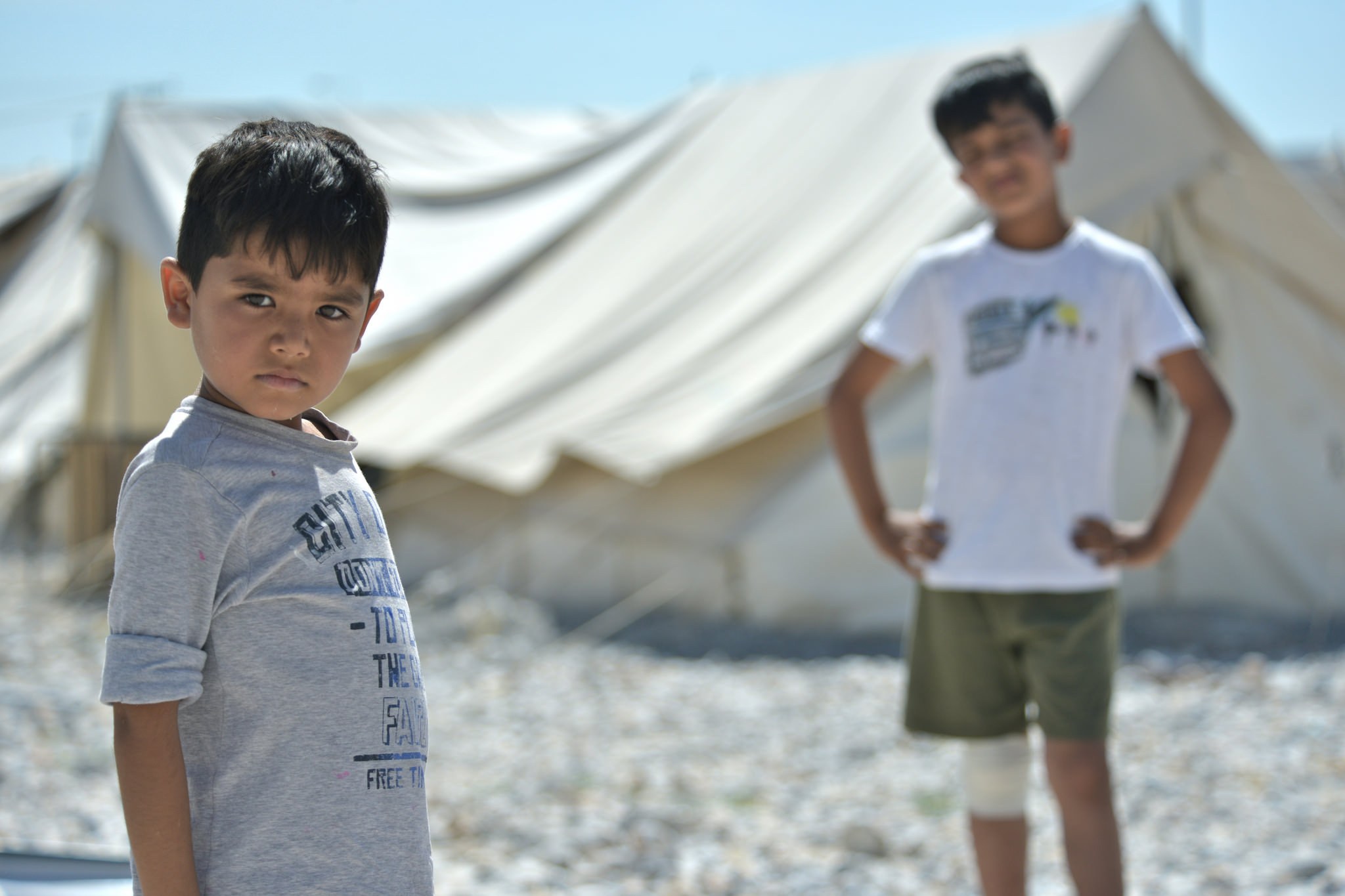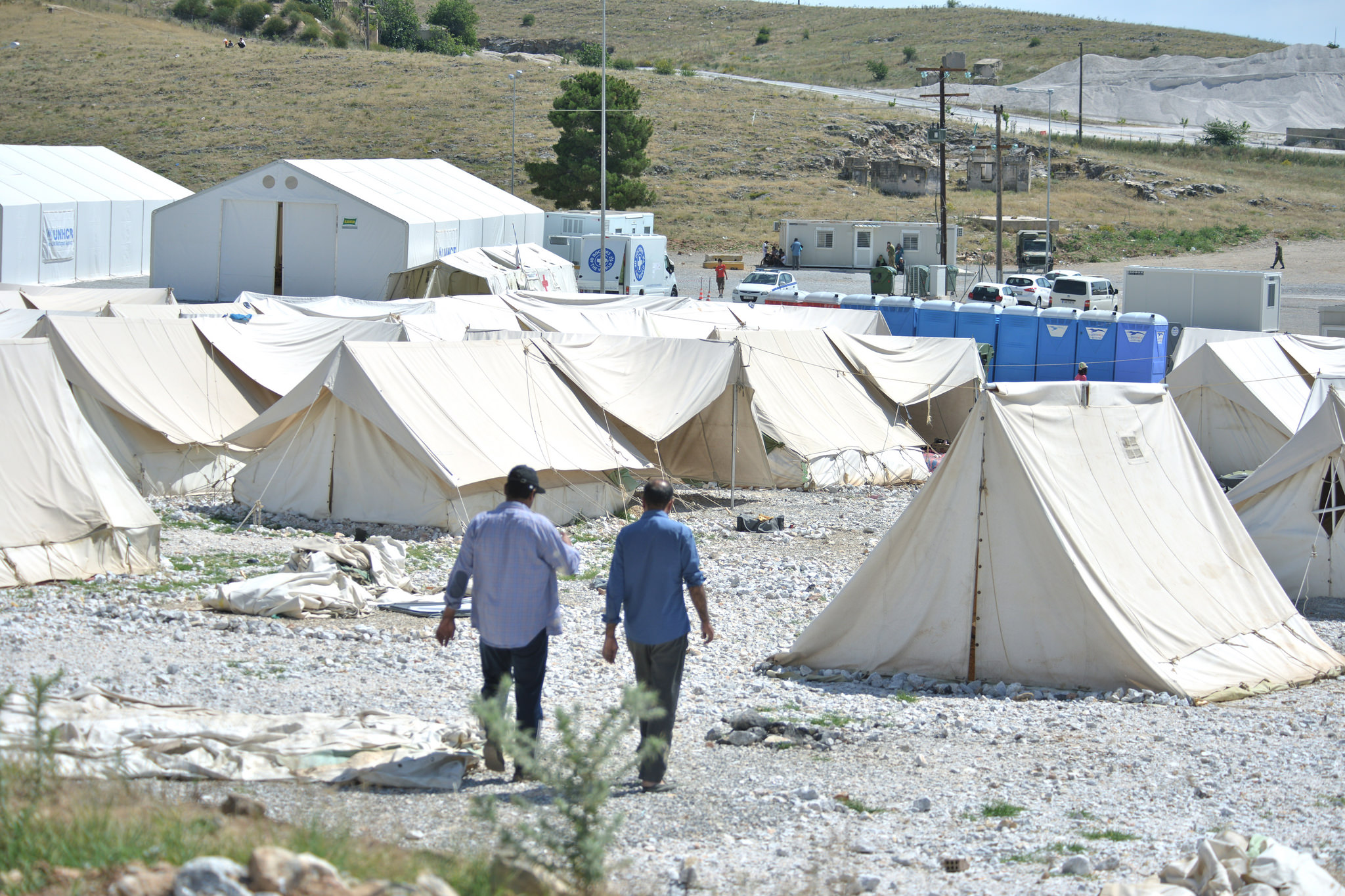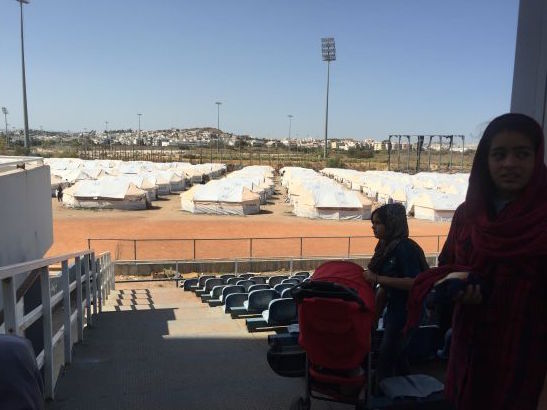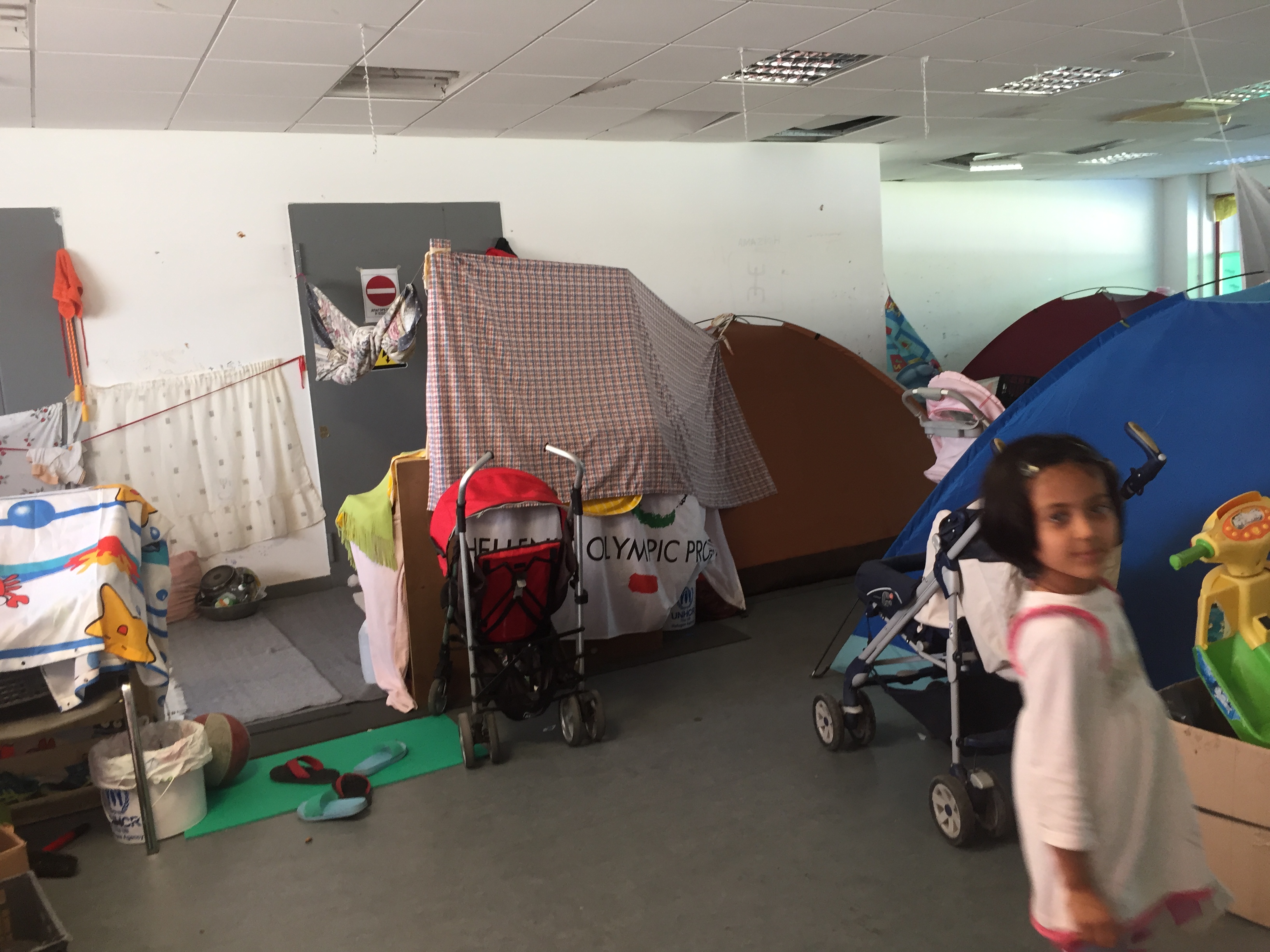
Fears of foreign contagions have fueled xenophobic policies against migrants since at least medieval times, from the building of walls to brutal quarantines. But today, as dark fears that newly arrived migrants from Syria, Afghanistan and elsewhere will infect Europe with deadly diseases flourish, it's anti-migrant policies—not migrants themselves—that could threaten the continent with a medical disaster.
Across Europe, anti-migrant policies restrict refugees' access to medical care, depriving them of everything from free vaccinations to pre-natal services. Worse, the EU-Turkey deal has trapped tens of thousands of the most vulnerable migrants in Greece, the EU country least equipped to provide for their care. Thanks to EU-mandated austerity cuts, the Greek health system is in shambles. Basic supplies are scarce, once-contained diseases such as malaria and HIV are on the rise, and infant mortality has spiked by 40 percent.
As scores of ordinary Greeks slip into unemployment and homelessness, migrants have been left to camp out in exposed conditions, often with no running water and limited access to toilets. In some Greek refugee camps, there is no access to health care staff whatsoever.
Journalist Sonia Shah reports that when migrants' manageable conditions become unmanageable health crises, epidemics of preventable diseases loom.








